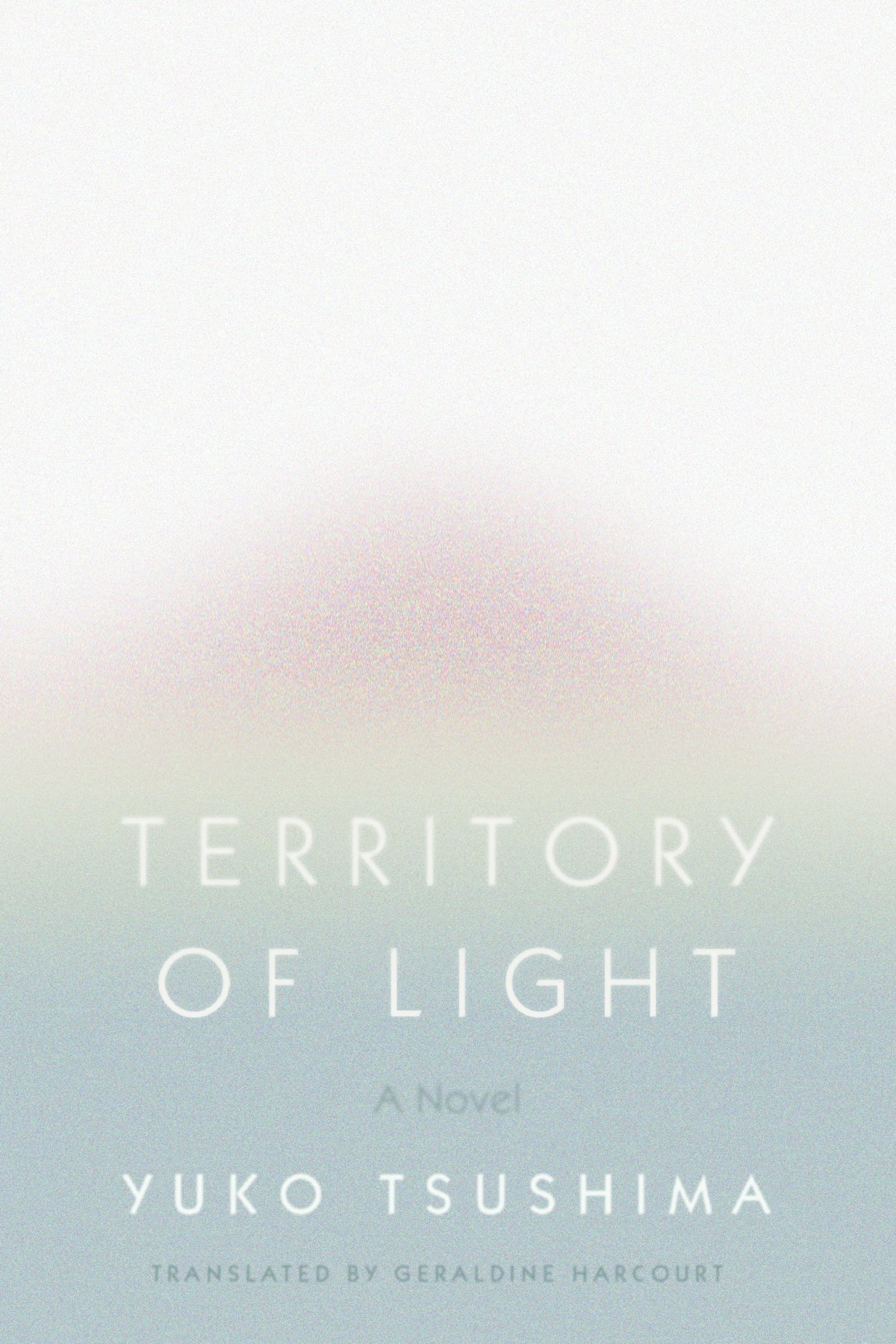

Most ebook files are in PDF format, so you can easily read them using various software such as Foxit Reader or directly on the Google Chrome browser.
Some ebook files are released by publishers in other formats such as .awz, .mobi, .epub, .fb2, etc. You may need to install specific software to read these formats on mobile/PC, such as Calibre.
Please read the tutorial at this link: https://ebookbell.com/faq
We offer FREE conversion to the popular formats you request; however, this may take some time. Therefore, right after payment, please email us, and we will try to provide the service as quickly as possible.
For some exceptional file formats or broken links (if any), please refrain from opening any disputes. Instead, email us first, and we will try to assist within a maximum of 6 hours.
EbookBell Team

4.7
26 reviewsTerritory Of Light is the radiant story of a young woman, living alone in Tokyo with her 2-year-old daughter in 1970s Tokyo. "Wonderfully poetic... extraordinary freshness... a Virginia Woolf quality" (Margaret Drabble).
Its 12 chapters follow the first year of the narrator's separation from her husband. The novel is full of light, sometimes comforting & sometimes dangerous: sunlight streaming through windows, dappled light in the park, distant fireworks, dazzling floodwater, de-saturated streetlamps, & mysterious explosions. The delicate prose is beautifully patterned: the cumulative effect is disarmingly powerful & bright after—images remain in your mind for a long time.
At once tender & lacerating, luminous & unsettling, Territory Of Light is a novel of abandonment, desire & transformation. It was originally published in 12 parts in the Japanese literary monthly Gunzo, between 1978 & 1979, each chapter marking the months in real-time.
°°°
Tsushima is ostensibly an urban writer, concerned with life in cities, but nature is central to her work...
Any mention of Tsushima’s life is almost impossible without making at least passing reference to her father, Osamu Dazai, another major figure of twentieth century Japanese literature, who, when Tsushima was one, committed double suicide with his mistress. The mark of this act is impressed everywhere on her work: the ever-absent & adulterous fathers, the abandoned mothers, the failed parents. Paired with the devastating fact that Tsushima, who was a single mother herself, lost her own son just a few years after Woman Running in the Mountains was published, readers are apt to see Tsushima’s work as a reflection of her life. Indeed, typically writing in the first person, Tsushima did much to advance the “I-novel,” a semi-autobiographical Japanese form that predates the current American discussion of autofiction by about a century. — Gabriel Fine, The New Inquiry